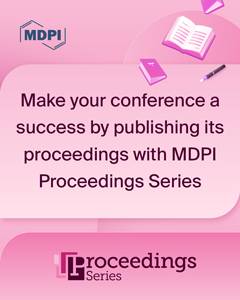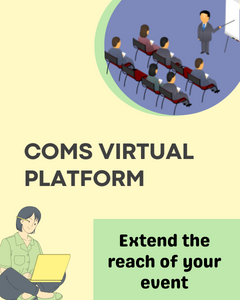Conferences > Physics > Quantum materials, Low Temperature Physics > Germany
Select a location
Austria (1) Brazil (1) France (1) Germany (5) Italy (2) Spain (5) Switzerland (1) United Kingdom (1) United States (5)
1
WE-Heraeus-Seminar — Advances in Quantum Simulation and Sensing with Ultracold Gases
24 Jun 2024 - 28 Jun 2024 • Bad Honnef, Germany
2
Workshop — Topological Quantum Matter in Magnetic and Synthetic Platforms
08 Jul 2024 - 12 Jul 2024 • Dresden , Germany
Event listing ID:
1600334
Event website:
3
Bad Honnef Physics School — Next Generation Quantum Materials: Correlations and Magnetism Meet Topology
15 Sep 2024 - 20 Sep 2024 • Physikzentrum Bad Honnef, Germany
Event listing ID:
1602044
4
correl24 — Autumn School on Correlated Electrons: Correlations and Phase Transitions
16 Sep 2024 - 20 Sep 2024 • Jülich, Germany
Event listing ID:
1615971
Event website:
5
Workshop — Machine Learning for Quantum Matter
24 Feb 2025 - 28 Feb 2025 • Dresden , Germany
Event listing ID:
1600417
Event website:
Conference-Service.com offers, as part of its business activities, a directory of upcoming scientific and technical meetings. The calendar is published for the convenience of conference participants and we strive to support conference organisers who need to publish their upcoming events. Although great care is being taken to ensure the correctness of all entries, we cannot accept any liability that may arise from the presence, absence or incorrectness of any particular information on this website. Always check with the meeting organiser before making arrangements to participate in an event!
No tracking | No pop-ups | No animations
Last updated: 19 April 2024




